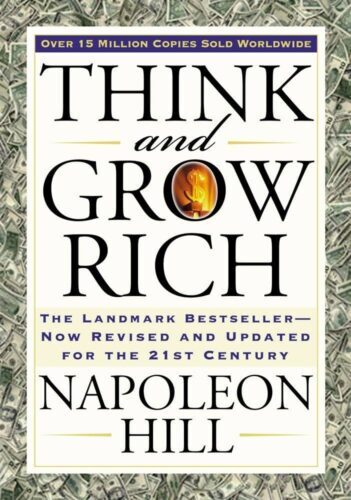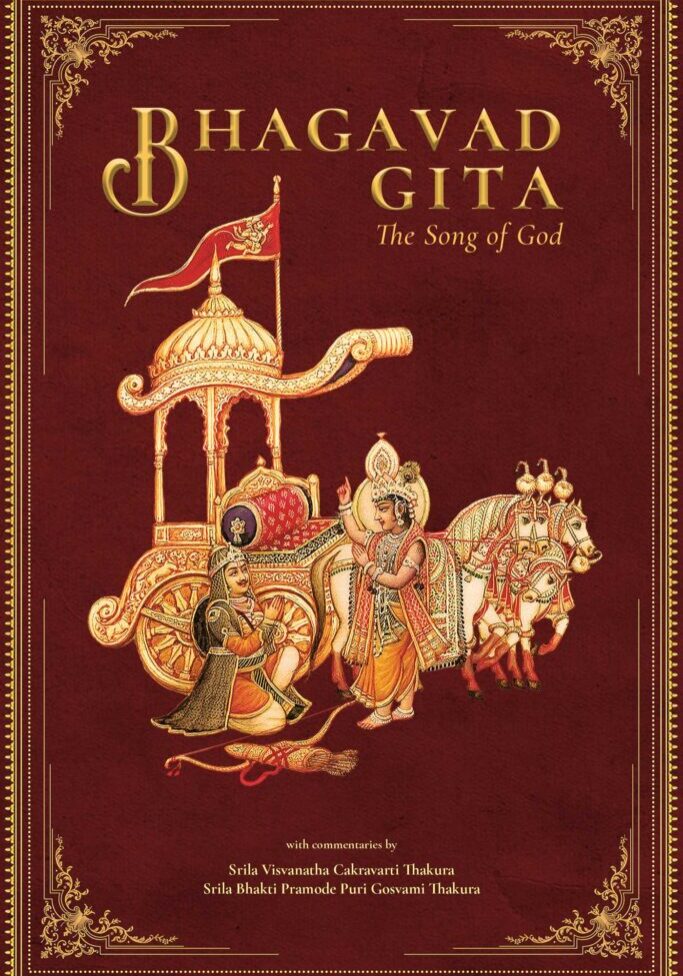Certainly! Here's the review for "The Bhagavad Gita" by Vyasa:
"The Bhagavad Gita" by Vyasa: An Eternal Guide to Life and Spirituality
Introduction
"The Bhagavad Gita," composed by the ancient sage Vyasa, is a 700-verse Hindu scripture that is part of the Indian epic Mahabharata. It is a timeless philosophical guide, not just for the spiritual seeker but for anyone interested in a meaningful, purpose-driven life. Through the dialogue between Lord Krishna and warrior Arjuna, the Gita addresses profound universal questions, providing insight into dharma, or righteous living, and the nature of reality.
Key Concepts of "The Bhagavad Gita"
The teachings of the Gita are rich and diverse. Here's a closer look at some of its main principles:
- Dharma and Duty: Arjuna's reluctance to fight in the battlefield serves as a backdrop for exploring the idea of dharma, or righteous duty. We are all entrusted with specific responsibilities, and fulfilling them is our sacred duty. Your individual dharma is linked to your innate nature and talents.
- Self-Realization and Inner Connection: The Gita emphasizes the importance of knowing oneself beyond the physical body. Recognizing your true nature as divine and eternal leads to a sense of inner peace and fulfillment. Connection to the self is a pathway to spiritual enlightenment.
- Mind Control and Meditation: The control of the mind is central to the teachings of the Gita. Through meditation, self-discipline, and mindfulness, one can tame the restless mind. Such control brings clarity, focus, and inner harmony.
- Karma Yoga and Detached Action: The Gita teaches the path of Karma Yoga, or selfless service. Performing your duties without attachment to the results leads to spiritual growth and freedom from the cycle of birth and death.
- Bhakti and Devotion: Bhakti Yoga, or the path of devotion, is highlighted in the Gita as a way to connect with the divine. Through love, faith, and surrender to a higher power, one can attain spiritual wisdom and union with the divine.
How "The Bhagavad Gita" Inspires Spiritual Seekers
- A Universal Guide to Living: Though rooted in Hindu philosophy, the Gita's teachings are universal and relevant to all. Its wisdom on duty, love, and self-realization resonates across cultures and beliefs.
- An Invitation to Inner Exploration: The Gita invites readers to explore their inner world. Its teachings encourage self-inquiry, reflection, and personal growth.
- A Source of Comfort and Guidance: The Gita's wisdom provides solace in times of uncertainty and guidance in moments of confusion. It serves as a spiritual anchor, guiding us toward our true nature.
Related Spiritual Thought Leaders
Authors such as Swami Sivananda, Paramahansa Yogananda, and Thich Nhat Hanh have delved into similar themes of duty, mindfulness, and spiritual realization. They offer various paths to achieve enlightenment, resonating with the multifaceted teachings of the Gita.
Conclusion
"The Bhagavad Gita" by Vyasa is a timeless treasure that speaks to the human soul. Its teachings on duty, self-realization, and spiritual wisdom provide a roadmap to a meaningful and fulfilling life. Whether you are an avid spiritual seeker or just curious about life's deeper questions, the Gita has something to offer.

























